The best phone of 2021: Top phones in the UAE, Saudi and Middle East
The best phones in the world right now are the iPhone 13 Pro and iPhone 13 Pro Max, but if that isn't for you we've got other top picks that may suit you, including the best Android phones.
Our phone experts have spent years reviewing smartphones, and we've tested all the best on the market to put together this definitive list of the very best smartphones you can buy in 2021.
Buying a mobile phone is a complicated decision, and you need options. That's why we've come up with a list of the best rather than just a single 'best phone' recommendation. We weigh the pros and cons of each model on our list based on performance, cameras, price point, and other metrics.
We're constantly updating our best cell phones list to make sure you're buying the absolute top phone for your needs. The Samsung Galaxy S21 Ultra is our latest number one pick, but also consider the iPhone 13, OnePlus 9 Pro iPhone 13 Pro or Galaxy Note 20 Ultra, which we've found to be powerful phones for different reasons beyond operating system of choice.
This is our guide to the best phones available right now in the UAE, Saudi Arabia, Qatar, Kuwait, Bahrain and Oman. If you already have your mobile OS alliance set you'll want to check out either our ranking of the best Android phone or best iPhone. We're constantly updating our best cell phones list to make sure you're buying the absolute top phone for your needs
Best phone 2021: which smartphone is for you?
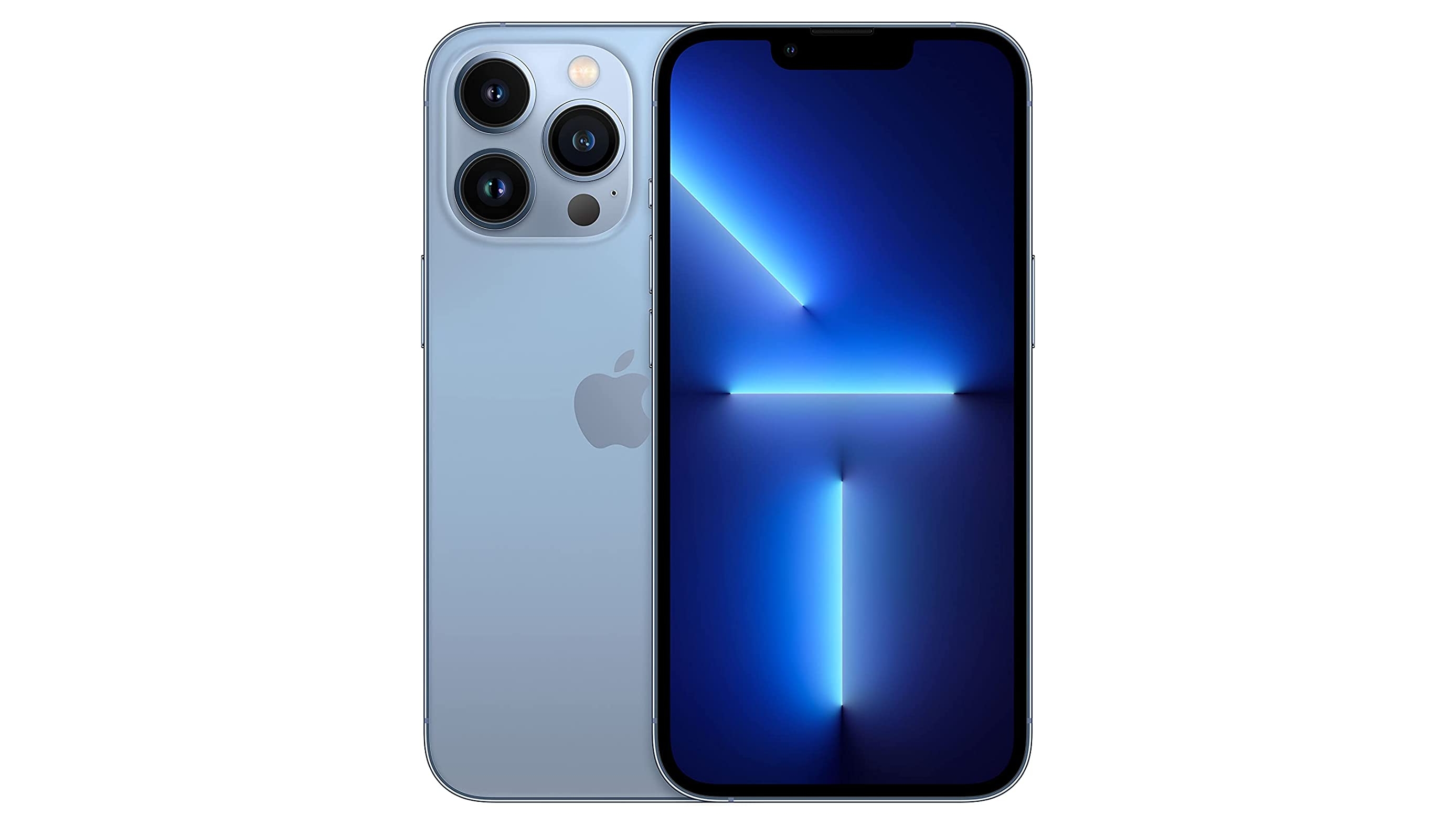
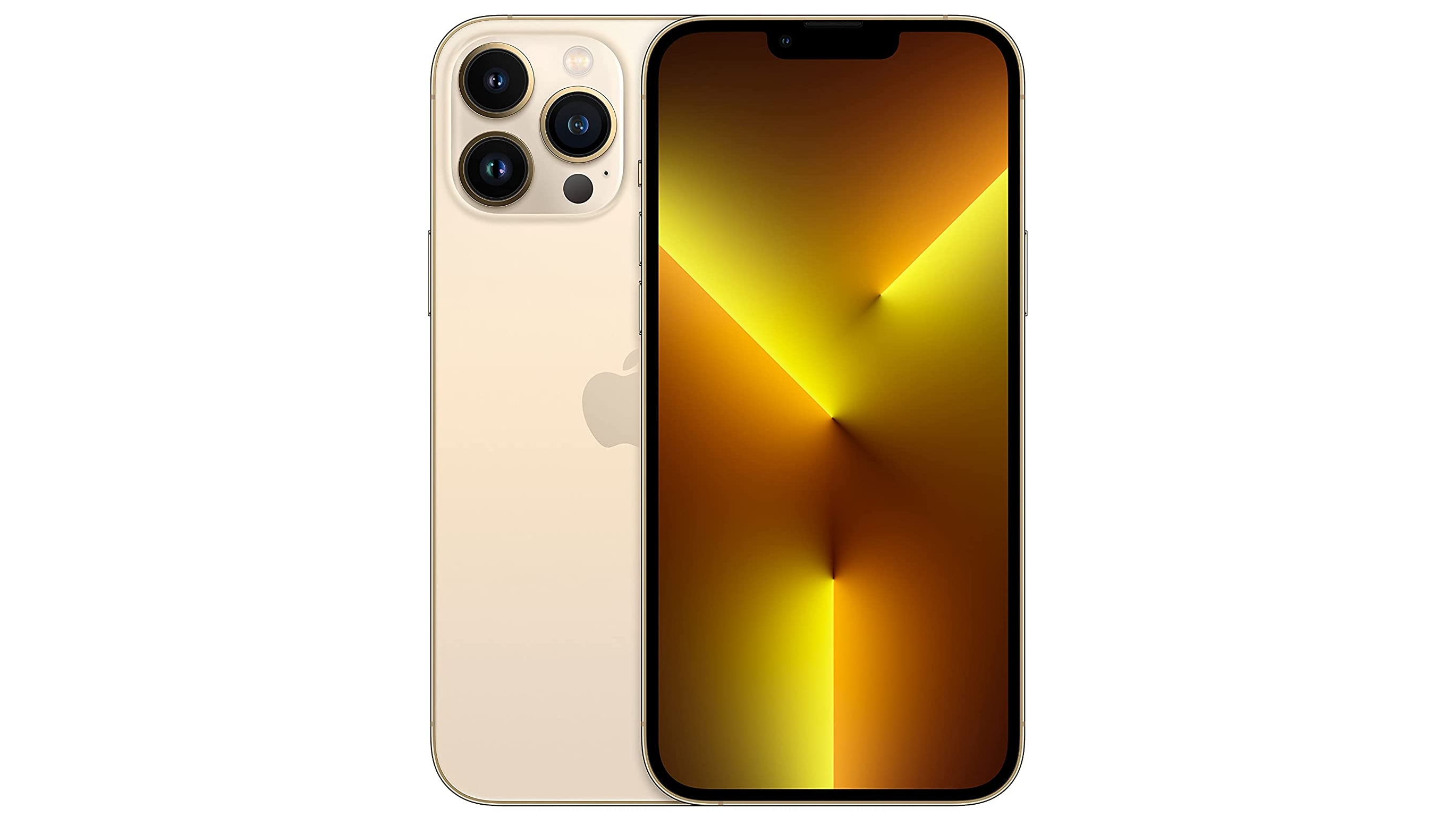
The iPhone 13 Pro and iPhone 13 Pro Max are the best iPhones available at the time of writing, offering more power than ever before, improved cameras, 120Hz refresh rates and surprisingly good battery life.
Why: While the iPhone 13 Pro and Pro Max are the best iPhones and are the obvious choice for not just iPhone fans but anyone looking to get a high-end phone. With a higher refresh rate than the iPhone 12 range, a new macro mode and a smaller notch, they aren’t the biggest upgrades but they’re undeniably great.
Screen: Whether you choose the 6.1-inch iPhone 13 Pro or 6.7-inch iPhone 13 Pro Max you’re getting a sharp OLED screen with a 120Hz variable refresh rate. The continued presence of the notch is annoying, but it’s slightly smaller this time and easy to ignore, especially once you see the overall quality of the display.
Battery life: Apple has outdone itself with the battery life on the iPhone 13 Pro Max, which is genuinely great, rather than just being great for an iPhone. The iPhone 13 Pro’s isn’t quite as good, but it’s still decent and an upgrade on the iPhone 12 Pro’s life.
Camera: The iPhone 13 Pro range includes the same lens types as last year, but with larger pixels and new modes, including an impressive macro mode, and a slightly less significant Cinematic mode. Between all this and their improved low light performance, these cameras are ace.
Read more: iPhone 13 Pro review | iPhone 13 Pro Max review
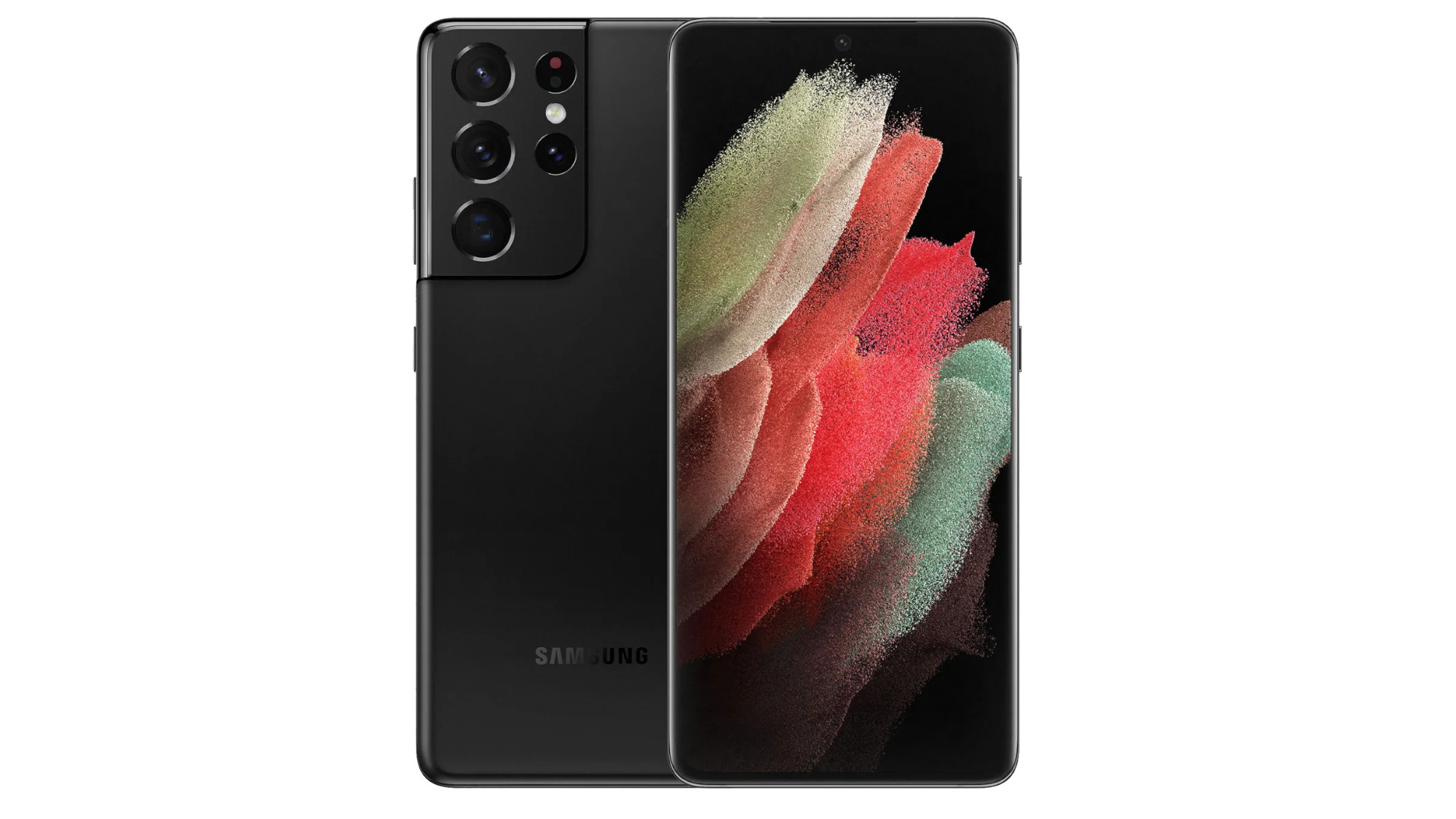
The Samsung Galaxy S21 Ultra is the best Android phone right now.
Why: We think the S21 Ultra is a fantastic choice for you with one of the best camera suites, phenomenal power, great battery life, a solid design and a whole host of other great features. The Galaxy S21 Ultra isn't a cheap handset with a price that, despite being cheaper than its predecessor, is still costlier than any competing flagship, but if you're looking for the ultimate smartphone experience in 2021 you will be hard pressed to do better than this latest from Samsung.
Screen: The Samsung Galaxy S21 Ultra features a top 6.8-inch screen with a 120Hz adaptive refresh rate and a Quad HD resolution. This is one of the best smartphone displays on the market.
Battery life: The Samsung S21 Ultra's battery life is solid, and we found it'd often see us through a whole day from a full charge. If you're playing around with the 120Hz refresh rate, battery life is likely to drain faster, but it's a top choice if you're after a long lasting phone.
Note the Samsung Galaxy S21 Ultra doesn't come with a charger in the box though, so you'll have to use your existing one or buy one separately.
Camera: Samsung's 108MP camera on the Galaxy S21 Ultra is going to be the highlight for many, and the camera doesn't disappoint on this phone. Like its predecessor, you can take 100x zoom photography, but it's far improved here over the Galaxy S20 Ultra with two telephoto cameras working in tandem to do the heavy lifting.
Read our Samsung Galaxy S21 Ultra review
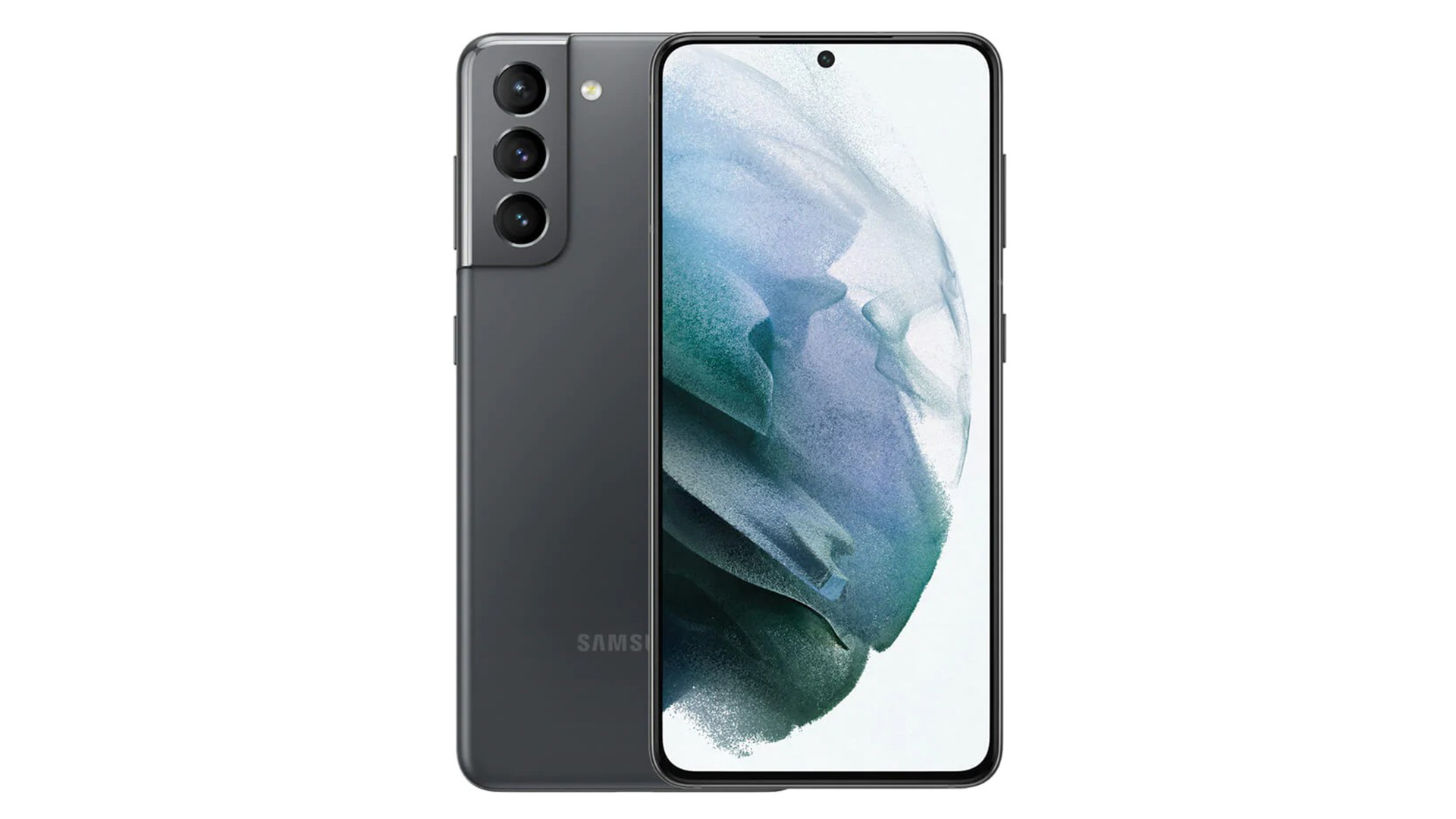
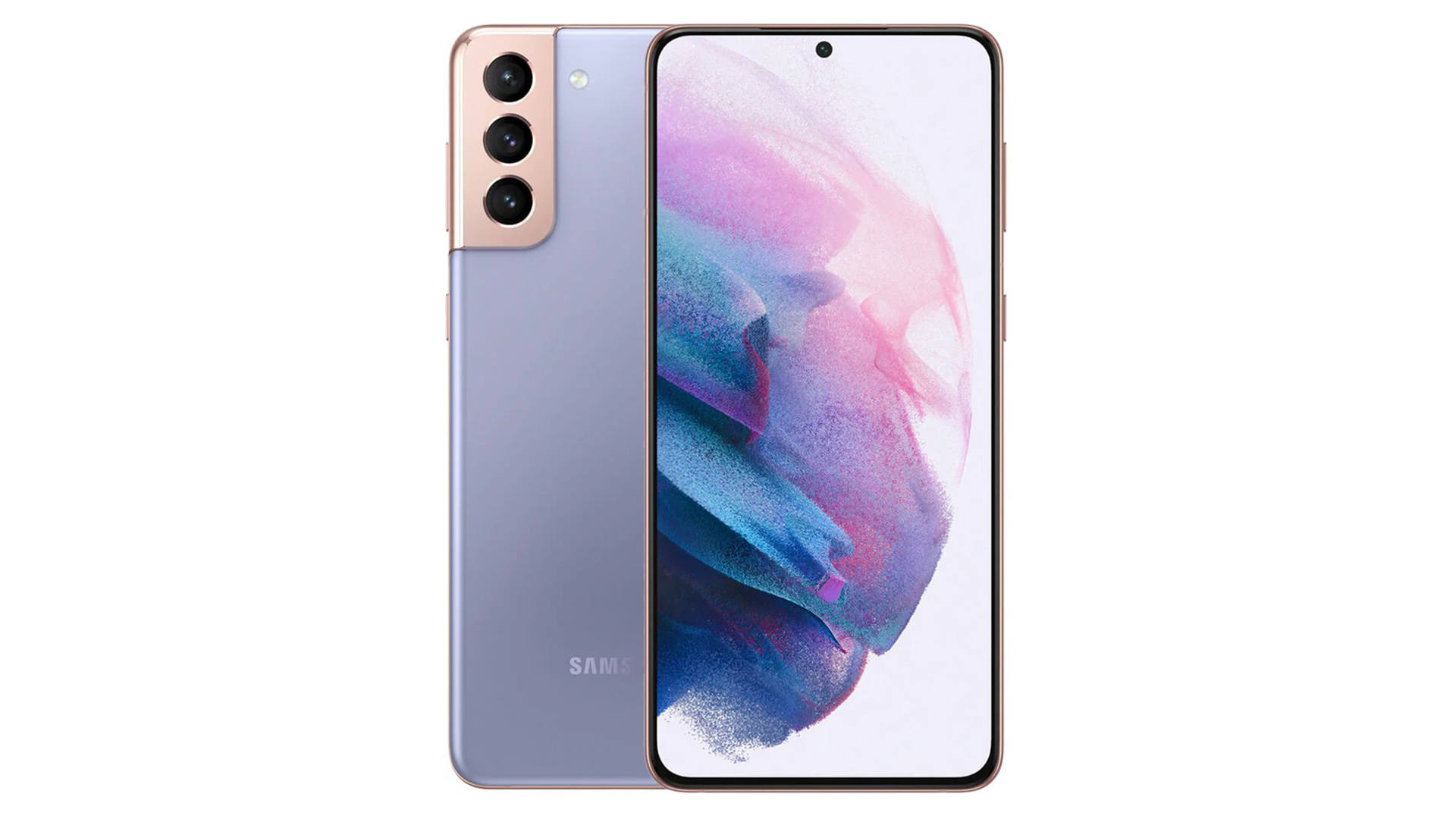
The Samsung Galaxy S21 and Galaxy S21 Plus aren't the height of spec and prowess as their predecessors used to be – the Samsung Galaxy S20 used to sit at the top of this list – and instead Samsung's Ultra handsets are now taking the limelight. But its strength is in its value: the S21 is a powerful phone that's more affordable than some of its competitors.
Why: The Samsung Galaxy S21 will be the perfect smartphone for many with its great mix of solid spec, a great design and the fact it's cheaper than the Galaxy S21 Ultra as well as its predecessors. If you own the Samsung Galaxy S20 we wouldn't recommend buying this, but for others this will be the perfect smartphone. If you're looking for a larger screen and a better battery, opt for the very similar but slightly more expensive Plus model.
Screen: Much has been said about Samsung's switch to Full HD for the Galaxy S21's display, but in our testing we didn't notice the knock down in resolution much unless we were testing the phone side by side with a QHD display. With a 120Hz refresh rate and great brightness, the Galaxy S21's screen will satisfy many. Looking for that larger screen? You'll get it with the S21 Plus.
Battery life: The battery life on the Samsung Galaxy S21 will last you a full day from a single charge, and its 4,000mAh cell means you'll get a lot of usage out of the handset without having to recharge the phone. The battery on the S21 Plus is even better with a 4,800mAh cell inside.
Camera: The Galaxy S21's camera is much the same as the Galaxy S20, but a few software tweaks have been included from Samsung that make it just that touch better. Overall, this isn't as phenomenal as the Galaxy S21 Ultra but for most just wanting to shoot the odd snap, this will suit you perfectly.
Read our Samsung Galaxy S21 review
Read our Samsung Galaxy S21 Plus review
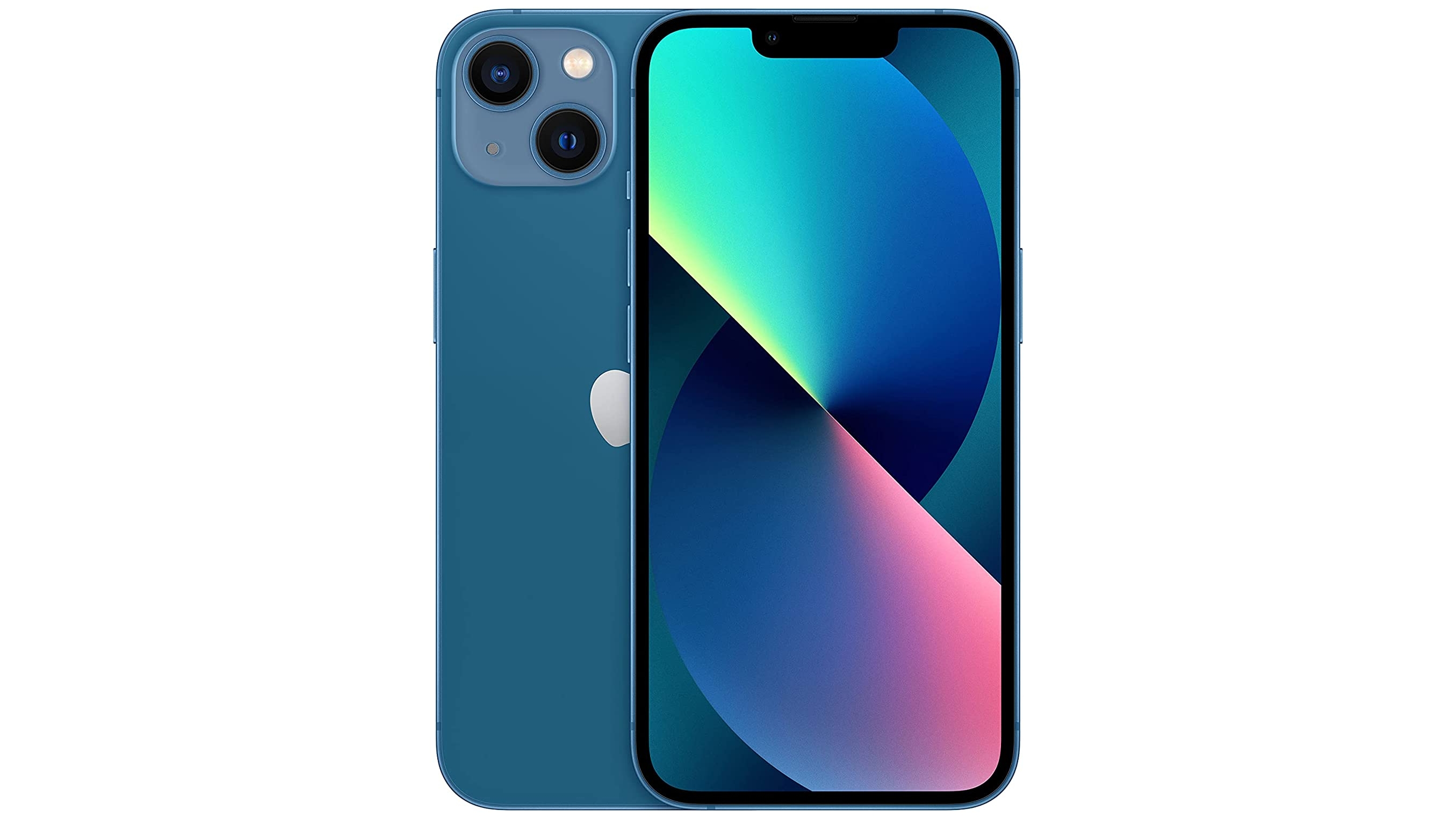
The iPhone 13 isn’t as big an upgrade as the iPhone 13 Pro, as it lacks a 120Hz refresh rate, but with oodles of power and good battery life it’s a strong choice if you don’t have a fortune to spend.
Why: The iPhone 13 Pro / Pro Max and the Samsung Galaxy S21 range have the edge over the iPhone 13 when it comes to specs and features, but this standard iPhone model comes close to matching them, especially when it comes to battery life. And actually it probably has slightly more power than its Android rivals.
Screen: With its 6.1-inch 1170 x 2532 OLED display, the iPhone 13 has a bright and clear screen. It doesn’t have a 120Hz refresh rate, but it does at least have a slightly smaller notch than the iPhone 12.
Battery life: In our tests the iPhone 13 reliably lasted through a day of use, but not much more. That puts it in fairly average territory, yet it’s still an improvement on many previous iPhones here.
Camera: The iPhone 13 lacks a telephoto camera, but its main and ultra-wide perform well, with the former having larger pixels than the iPhone 12’s. With improved image stabilization too, plus some new shooting modes and features, there’s a lot to play with here, and a lot to like.
Read more: iPhone 13 review
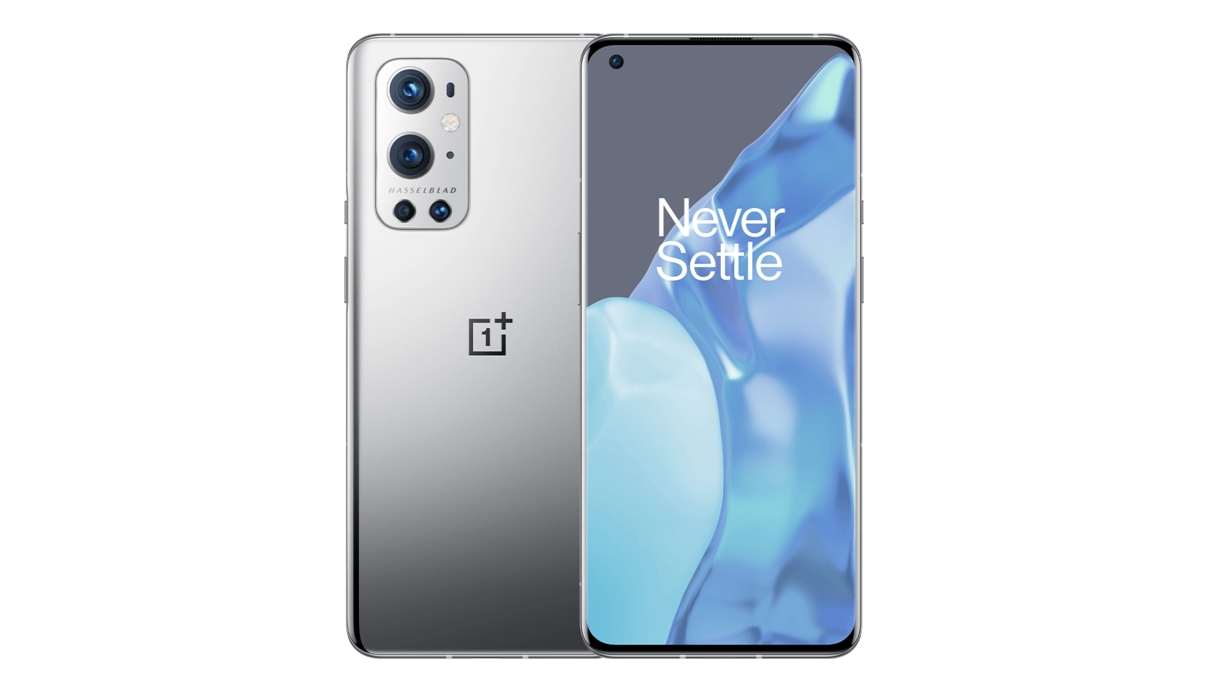
The OnePlus 9 Pro is a top-tier flagship and one that improves on the main weakness of previous OnePlus phones – their cameras. This is a phone that can compete with the other top handsets, and some may even prefer its camera to the other phones on this list.
Why it's ranked 6th: OnePlus may have focused its attention on the cameras for the OnePlus 9 Pro, but this is an overall incredible smartphone offering top-end power, a great display and most features you'd expect from any other phone you'll find on this list. Battery life isn't the absolute best, and it's remarkably expensive considering OnePlus' history in the smartphone market but it has earned its place this high on our best smartphone list because it's the overall package.
Screen: This 6.7-inch screen has the ability to impress you more than an iPhone for one simple reason: the 'Fluid Display' that sets the refresh rate to 120Hz. Not only does it make game look better, but simply scrolling the web looks smoother. You'll also find nice upscaling and HDR10+ here.
Battery life: If you need your phone battery to last all day long, the OnePlus 9 Pro achieves that, but it doesn't offer the absolute best battery life we've seen on a smartphone. It features a 4,500mAh battery, and this is set to last you a full day from a single charge but it may not offer that if you're using the phone an extraordinary amount. It also have great fast charging and wireless charging features.
Camera: Thanks to a new Hasselblad partnership and a ‘freeform’ ultra-wide lens, designed to reduce the distortion at the edge of images, the OnePlus 9 Pro is the best OnePlus camera phone. It isn't the absolute best camera phone, but it's a remarkable step up from the company with a great 48MP main camera alongside an 8MP telephoto and 50MP ultrawide.
Read more: OnePlus 9 Pro review
Price comparison: The best OnePlus 9 Pro deals
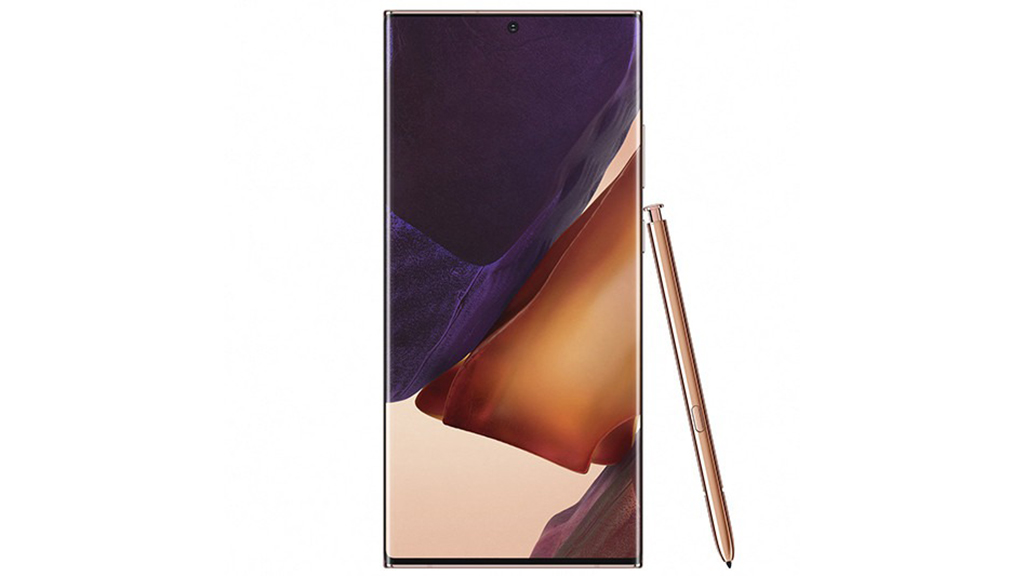
The Galaxy Note 20 Ultra is Samsung's most expensive non-foldable phone, and generation's big perk of the Note is that it comes with an amazing camera. Get ready for extreme close-ups with the 5x optical zoom and 50x digital zoom. The S Pen returns with new tricks like recording voice notes and syncing them with handwritten notes.
Why: This is one of Samsung's most powerful phones, but it's more expensive than most of the S21 series. You get it all with the Note 20 Ultra: a stylus, a camera with a 5x optical zoom and 50x digital zoom, a faster chipset (at least in the US version) and a 6.9-inch 120Hz screen. Not everyone needs an 'everything phone' like this, but if you want it all and don't want to wait for the Galaxy Z Fold 2, this is one of Samsung's best.
Screen: The 6.9-inch Note 20 Ultra display is massive, but only is a fraction of an inch larger than 2019's 6.8-inch Note 10 Plus screen. A big difference is in the fluidity of the screen via a 120Hz refresh rate. No, you can't enable both the WQHD+ resolution and 120Hz at the same time, but the pixels look fine at 1080p on a screen of this size vs having to go back to 60Hz. Another literally small perk: the front-facing camera punch hole is smaller than ever.
Battery life: The Note 20 Ultra has a solid 4,500mAh battery, and we found that it goes more than a day with normal use without a problem. Even power users won't have a problem, based on our tests. Samsung includes a 25W fast wired charger in the box and offers compatibility with 15W fast wireless charging, but it has backed off of supporting 45W wired charging for some reason.
Camera: The Note 20 Ultra has one of the best cameras on an Android phone, and that's in part because of its 5x optical zoom and 50x digital zoom. It makes 2x optical zooms from the iPhone seem like minor cropping at the edges of 1x photos. With 5x optical and, in good light, 10x digital, Samsung punches in with a dramatic zoom and usable photos on Instagram (50x zoom is mostly a party trick). We also found this phone to have the best ultrawide camera, and the regular 12MP camera is sharp. You don't need the 108MP camera and should watch out for skin softening in low-light.
Read more: Samsung Galaxy Note 20 Ultra review
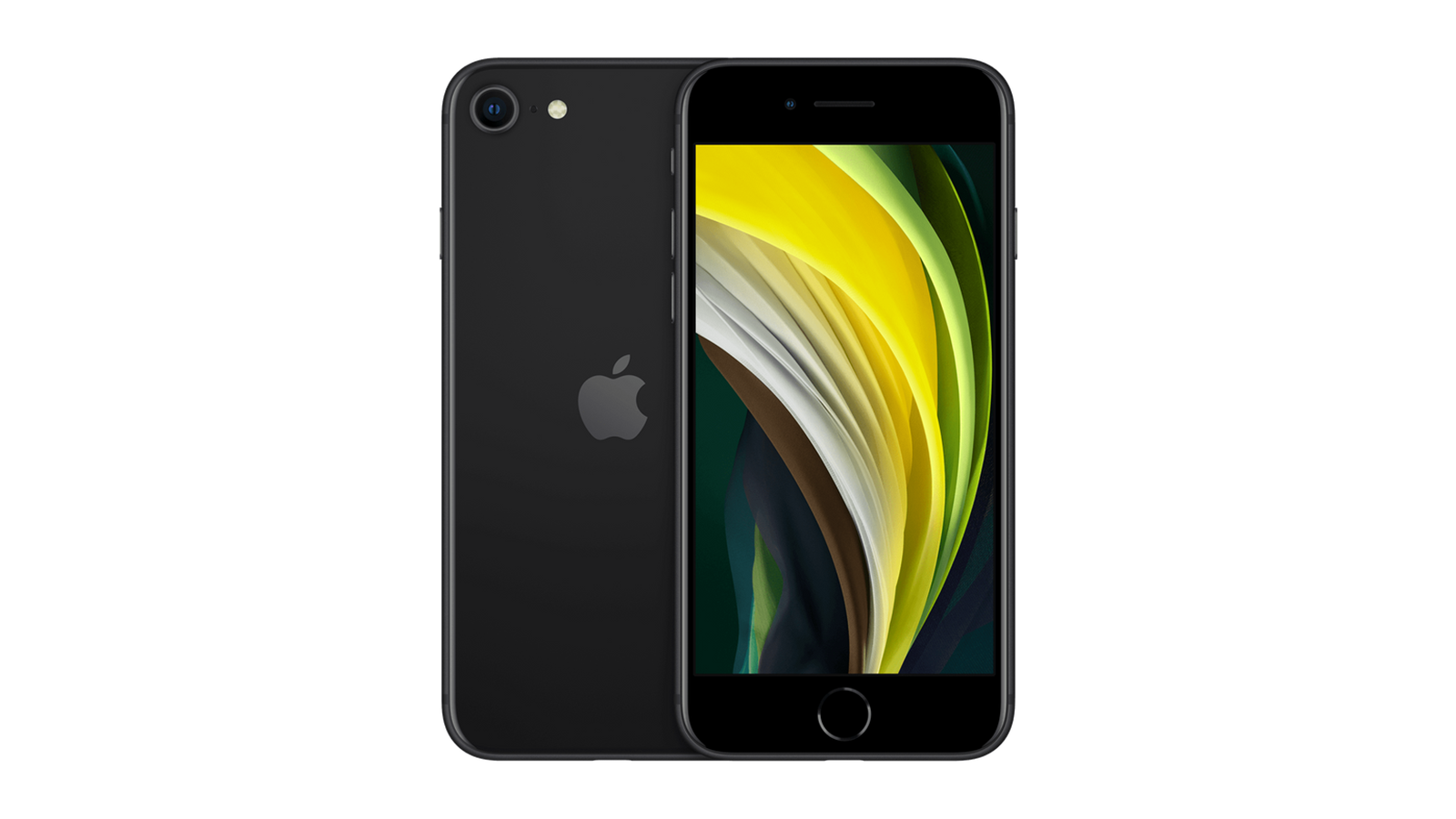
The iPhone SE 2020 is the sequel to the one-hand-friendly iPhone from 2016, and it takes the power and specs we loved from the iPhone 11 series and crams them into the design of the iPhone 7 and iPhone 8.
Why: This isn't Apple's most powerful iPhone, but it's the best value for people who want to stick with iOS 15 without paying through the nose. Its screen technology won't wow you like an iPhone 13 Pro, and there's just one camera on the back, but the relatively low price means this is hard to beat if you're on a budget and don't want to switch to Android.
Screen: This new iPhone SE has a 4.7-inch screen borrowed from the iPhone 7 and iPhone 8, so it's bigger than the original iPhone SE, but remains one-hand-friendly. That's become important for people who have been demanding a smaller phone. This is the one to get, even if the resolution and bezel won't wow anyone.
Battery life: As long as you aren't a power user (who would likely opt for the iPhone 11 series anyway), then you'll be OK with what Apple offers in terms of battery life. It's not going to last you any longer than a day, though, with generally the same amount of power as we saw on the iPhone 8, which had a 1,821mAh battery capacity.
Camera: For the money, the iPhone SE 2020 takes perfectly fine photos in good light. You won't notice much of a difference outside of it occasionally failing to nail perfect exposure levels and depth of field outdoors during the daytime. Dim the lights, however, and you'll notice one glaring omission: the night mode that's on the more powerful iPhones. That requires an upgrade to at least the iPhone 11.
Read more: iPhone SE 2020 review
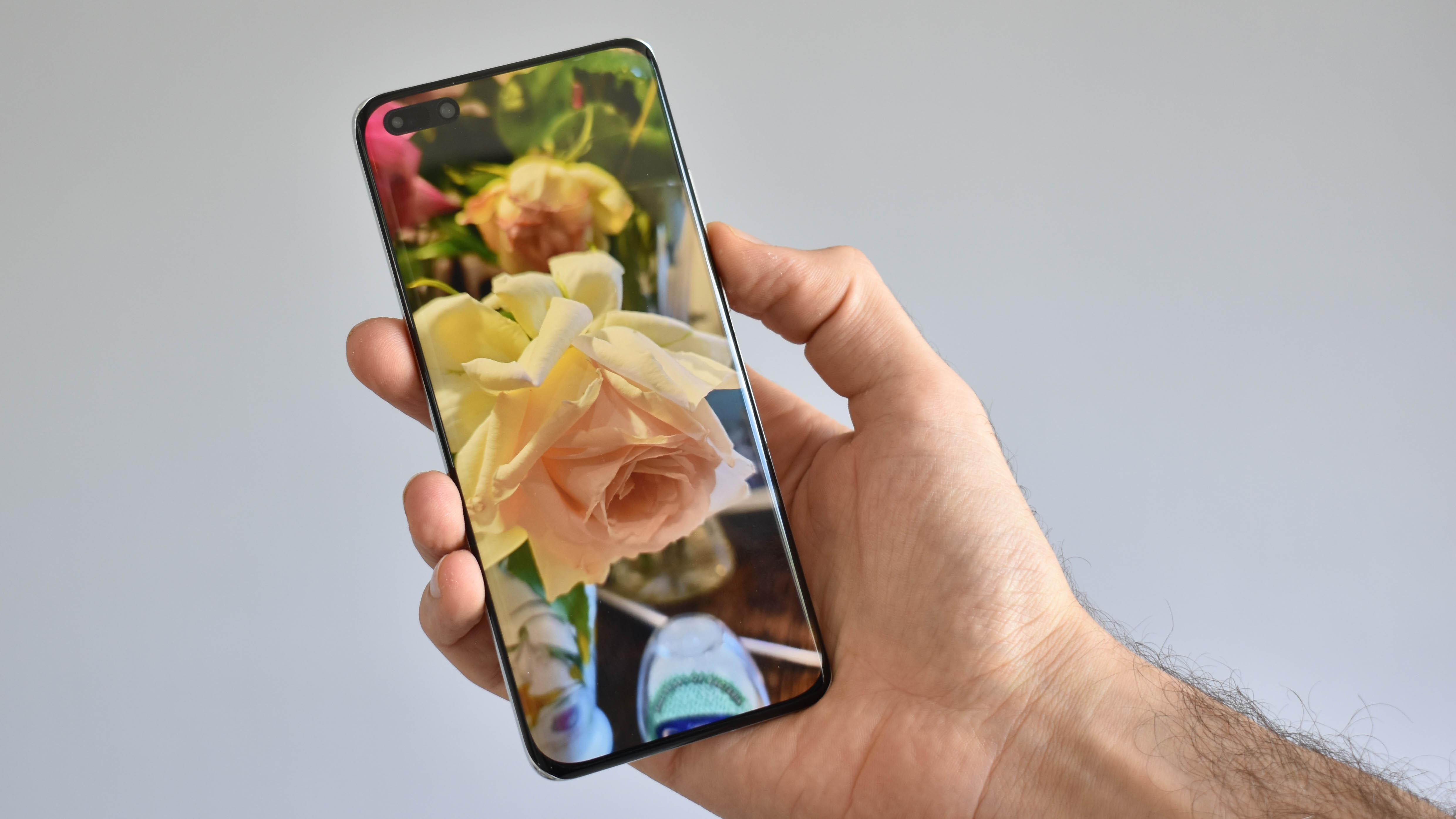
Why: The Huawei P40 Pro is Huawei's latest effort and from a hardware perspective, it easily matches or exceeds almost every flagship Android phone. It has the best camera on any phone and shines under low-light performance. What holds it back is the lack of Google Mobile Services (GMS)
Screen: The large 6.58-inch OLED screen on the P40 Pro is curved from all sides and and offers a 90Hz refresh rate for smooth operation.
Battery life: The 4,200mAh battery on the Huawei P40 Pro along with good battery management easily keeps the phone running all day with plenty of power left over at night.
Camera: There is no denying that the Huawei P40 Pro is currently the best camera phone. The 50 MP, f/1.9 primary sensor takes stunning shots in low light while the 5X optical zoom lens and ultra wide lens offer plenty of flexibility.
Software: What is likely to be a deal breaker for some is the lack of Google Mobile Services on the Huawei P40 Pro. Though Huawei is continuously building its own set of services, it could be a while before you can use all your favorite apps on new Huawei phones.
Mini Verdict: Were it not for the fact that the Huawei P40 Pro lacked Google Mobile Services, this phone would have placed a lot higher in our list of best phones- possibly even topping it. With a fantastic camera and a beautiful design, the phone has almost everything going for it.
Read more: Huawei P40 Pro review
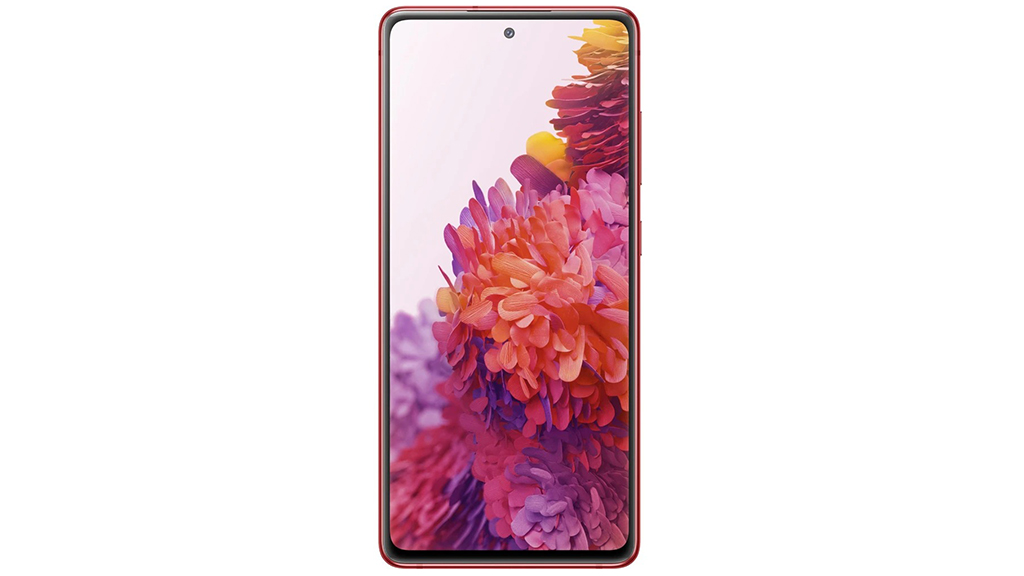
The Samsung Galaxy S20 Fan Edition is 2020's version of the Samsung S10 Lite and the S10e before it – the best of the flagship specs with a few trimmed features to save costs.
Why it's ranked: The S20 Fan Edition is a good combination of specs and cameras, making it a good value for and Android phone with a signature Samsung polish that puts it ahead of most phones at the same price tier.
Screen: The 6.5-inch Infinity-O AMOLED screen is plenty sharp at Full HD Plus, even if its not quite the WQHD resolution of its pricier siblings, nor does it have the 120Hz refresh rate. It retains an in-screen fingerprint sensor, leaving the phone's back unblemished.
Battery life: The Galaxy S20 Ultra has a huge 4,500mAh battery, helpful for Wireless PowerSharing and mundane binging or gaming you're doing. We found it lasted a day or more, though we still haven't hit the two-day battery life threshold yet.
Camera: The cameras are another area of trimmed capability: while the 12MP main shooter is fine, but not quite the high-megapixel of the S20 and especially the 108MP S20 Ultra. The other cameras are perfectly suitable, including the 12MP ultra-wide lens, an 8MP telephoto with 3x optical zoom, and a hefty 32MP selfie shooter in a punch-hole.
from TechRadar - All the latest technology news https://ift.tt/3ndp9Hj

Comments
Post a Comment